High Blood Pressure Explained
You’ve recently received a diagnosis from your doctor of hypertension. During your annual health exam, the doctor measured your blood pressure and informed you that, yes, you do have hypertension. You may be aware that it is high blood pressure, but what is it exactly?
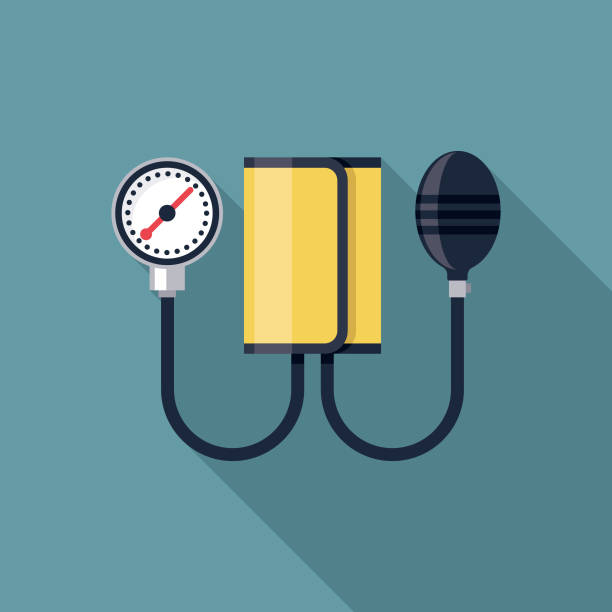
What is high blood pressure, exactly?
High blood pressure is a common condition among people throughout the world. Roughly half of adults in the United States have been diagnosed with hypertension, according to statistics from the CDC.
Your heart is an extremely hard working muscle in your body. It pumps blood throughout your body using an involved network of arteries, capillaries and veins. High blood pressure is the force of your blood against the walls of your body’s arteries.
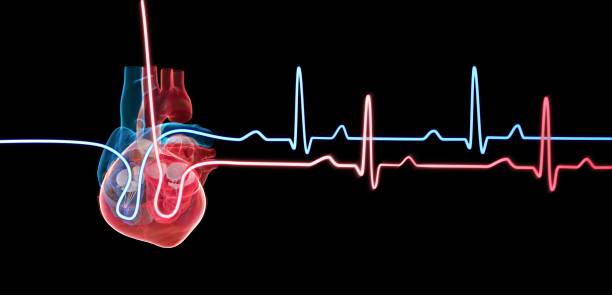
Read our popular article - Know more about Blood Sugar Levels, Ranges and More
How it works
There are a number of very small arteries called arterioles. These arterioles help to regulate the blood flow through your body. Your heart will have a bigger job to pump blood the tinier space if the arterioles are constricted. The tightening of the arterioles is high blood pressure.
How blood pressure is worked out is measured in two ways – this includes the amount of blood that your heart pumps, and what the total resistance is to the blood flow in your arteries. This means that the more your heart pumps, and the narrower your arteries are, the higher your blood pressure will be.
What are the symptoms of high blood pressure?
The thing about high blood pressure is that many people are unaware that they have this condition. Quite often, symptoms are so mild, or even pretty much non-existent, that people don’t know they have it. Around one third of people who have high blood pressure, don’t know that they have it.
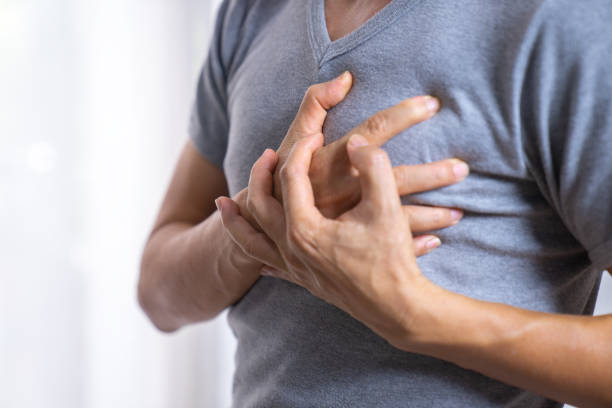
The symptoms of high blood pressure, or hypertension as it is called in the doctor’s room, are generally more apparent when the hypertension is severe.
Those with hypertension may experience shortness of breath, dizziness or lightheadedness and a pounding feeling in their heart or chest; much like if their heart is beating too fast.
Severe symptoms of hypertension can include difficulty breathing, even after no exercise, an irregular heartbeat, really bad headaches, nosebleeds and fatigue.
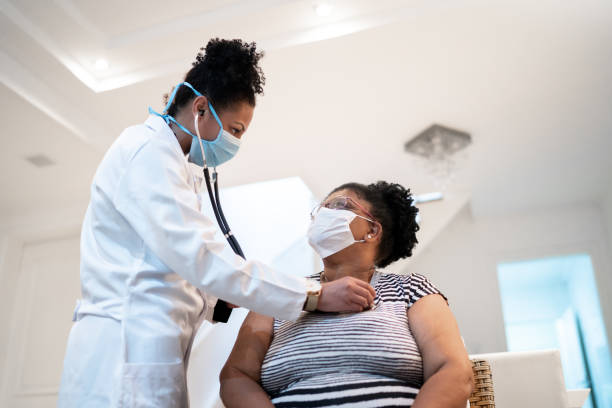
I don’t have any symptoms – how can I have high blood pressure?
Hypertension doesn’t always present symptoms. You may be feeling in pretty good shape with the occasional headache or fatigue. It’s only when you have your blood pressure checked that you find out that you do in fact have hypertension.
It could be that you have high blood pressure as a result of a number of factors such as hereditary, your weight and diet, exercise, or rather, lack of it, stress, drinking and smoking.
So, what causes hypertension?
Primary or essential hypertension is the name for about 90 – 95% of all blood pressure cases. This means that the actual cause of the high blood pressure is not known. However, there are a number of aspects that can contribute to it. You could be more at risk if any of the following apply to you:
- There is a history of hypertension in your family. High blood pressure is hereditary. If Granddad had hypertension, it is likely that you could also have it.
- If you are overweight and live a sedentary lifestyle. Relaxing on the weekend and watching movies is a great way to unwind now and again. If it is your normal routine though, you are likely to end up with hypertension.
- If you face high levels of stress in both your work and home life, your chances of having high blood pressure increase dramatically.
- Too much drinking and smoking – we all know just how bad for our bodies smoking is. If you smoke, hypertension and your habit go hand in hand. The same applies for drinking in excess. More than the recommended daily allowance plays havoc with your blood pressure, with disastrous results.
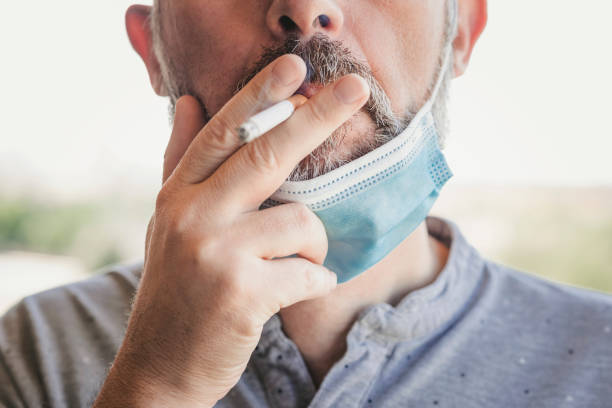
Secondary hypertension
The rest of patients who have high blood pressure have what is called secondary hypertension. This secondary hypertension is usually caused by other or secondary illnesses or conditions. Quite a large number of secondary hypertension is caused by kidney problems.
Interestingly, secondary hypertension is also caused by pregnancy, parathyroid gland problems, as well as reactions to medication prescribed for other illnesses or conditions.

How is high blood pressure diagnosed?
Hypertension is usually discovered during your visit to the doctor for your annual health check. Your doctor will check your blood pressure as standard in this annual exam.
You may experience what is known as ‘white coat syndrome’, where your blood pressure increases because you are in a doctor’s room. It gets its name from the doctors and medical personnel who typically wear a white coat while at work.
If your doctor notices that your blood pressure does seem to be a little higher than it should be, he’ll take another reading. The doctor will also take your blood pressure reading from both your arms.
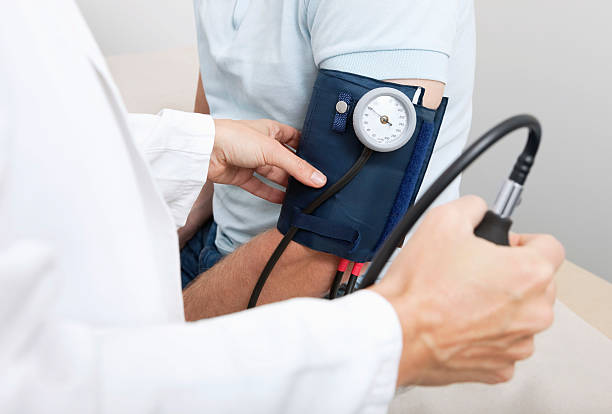
The blood pressure reading is taken using a sphygmomanometer – a rather hard to pronounce word that is also called an upper arm blood pressure monitor. The cuff that is tightened around your upper arm fits snugly to ensure an accurate reading.
Your doctor is likely to take more than one reading over a period of a couple of days to ensure a correct hypertension diagnoses. He’ll take at least 2 blood pressure readings on 3 different days.
How the sphygmomanometer works is that it measures the 2 parts of blood pressure – the diastolic pressure as well as the systolic pressure. The diastolic pressure is the force of your blood’s flow in your blood vessels when your heart rests between beats. The systolic pressure is the force of your blood flow through your arteries when your heart beats.
What do the readings mean?
The blood pressure reading has the 2 different readings – both the diastolic pressure and the systolic pressure. The systolic pressure is listed first. The numbers from these readings show your blood pressure in units of millimeters of mercury (mm – Hg). What this means is how high the pressure inside your arteries are able to lift a column of mercury.
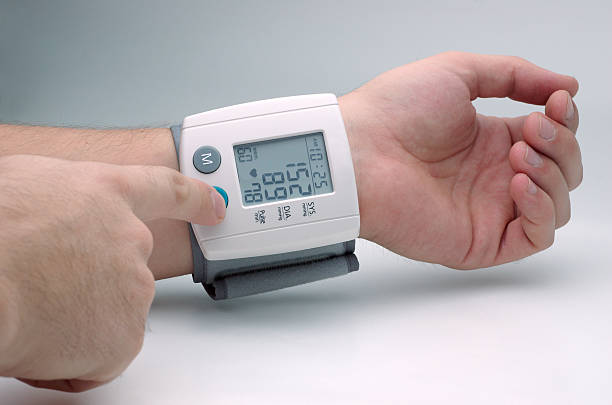
A normal blood pressure reading is 120/80 mmHg or less. So, if a blood pressure reading is 120/80 mmHg it means that there is a systolic pressure of 120 mmHg and a diastolic pressure of 80 mmHg.
If you are suffering from hypertension, your systolic pressure reading would be 130 mmHg or higher, and the diastolic pressure reading would be 80 mmHg or higher.
What are the risks of hypertension?
Hypertension is also known as the silent killer. Rather a harsh sounding name, but it is, unfortunately, apt. As the symptoms of hypertension are often not diagnosed until a blood pressure reading is done, the person with hypertension could be susceptible to further health damage.
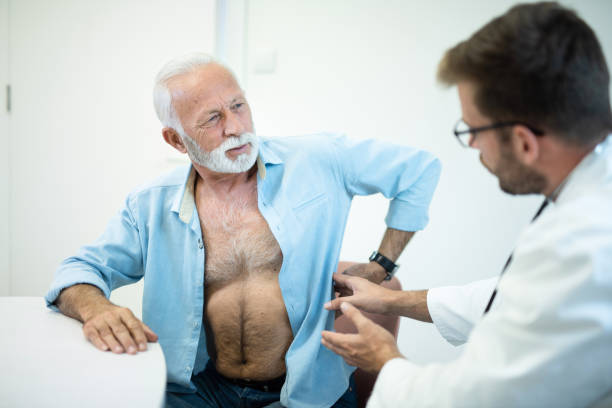
Unchecked and uncontrolled, hypertension can lead to:
- stroke – hypertension can cause the hardening of your arteries, which in turn can lead to a heart attack and strokes.
- aneurysm – when your blood pressure is too high, it can cause the weakening and bulging of your blood vessels. If an aneurysm bursts, it can lead to death.
- heart failure – higher blood pressure makes your heart work harder to pump blood. The walls of your heart’s pumping chamber – the left ventricle – thicken, causing it to pump an insufficient amount for your body’s needs, leading to failure.
- damage to your kidneys – the arteries around your kidneys harden, narrow or weaken. This can lead to their failure.
- eye damage – high blood pressure can cause, especially if you have diabetes, the capillaries in the retina of your eye to bleed. Ultimately this leads to blindness.
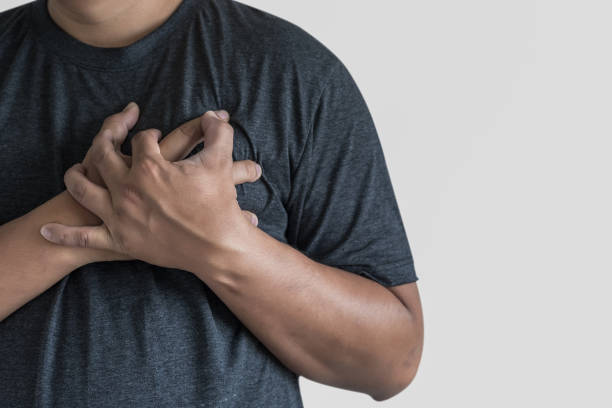
I have hypertension – now what?
Hypertension can be controlled. After your visit to the doctor (and possibly the third or fourth visit to confirm the diagnosis), he will prescribe medication. Your doctor will follow guidelines and recommendations from experts in the field to help him choose the right medication for your specific needs. No two people are alike; hence your medication is prescribed to treat only your hypertension.
The most commonly prescribed hypertension medication includes thiazide diuretics, calcium channel blockers, ACE, which are angiotensin-converting enzyme inhibitors, and beta blockers.
Each type of medication performs a specific role. For example, diuretics, often called ‘water pills’ increase the amount of fluid that your body will eliminate through urination. This helps to decrease the pressure on your artery walls. Some diuretics are Clorthalidone, Hydrodiuril and Microzide.
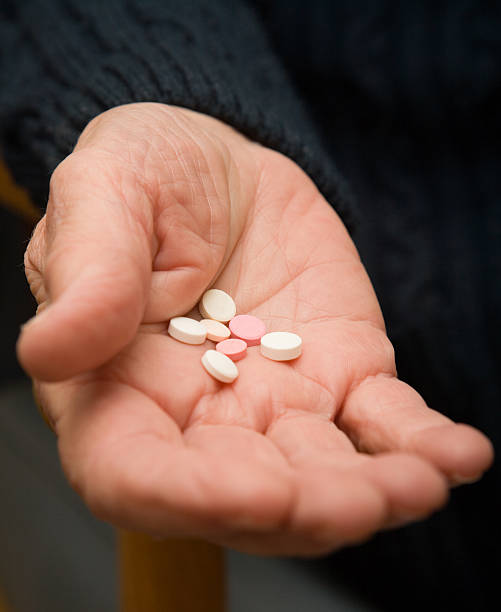
A calcium channel blocker helps to relax the blood vessels and decreases your heart rate. A drug that is a calcium channel blocker is Amlodopine.
ACE inhibitors can widen or dilate your blood vessels to improve the amount of blood your heart pumps. Examples of this drug are Benazepril and Lisinopril.
Beta blockers halt adrenalin, as well as decreasing your heart rate and the force of each heart beat. Metoprolol is an example of a beta blocker.
What else can I do to manage it?
There are, fortunately, a number of habits that you can adopt to help manage your hypertension. The first step would be to take a good, hard look at your lifestyle.
The days of snacking on salt drenched crisps and take out foods need to be eliminated. While they are great fun, they are simply not worth the risk.

The same applies to what is called a sedentary lifestyle. Lounging about is not going to help your high blood pressure. Now is the perfect opportunity to begin an exercise routine. If the thought of joining a gym or an aerobics exercise class makes you literally break out in sweat, there is no need to go through the angst or the expense.
Simply take a brisk walk every evening, and slowly increase the number of steps you take until you are able to walk a fair distance. Better yet, take your dogs for a walk. It will benefit them as well as you – and, they’ll be your best friends for ever!

To increase your exercise, use the stairs instead of the elevator. You can also walk to where you need to be instead of drive. There are many easy ways to increase the amount of exercise you do, and all can be done gradually so they become ingrained instead of something new.
I love my food – do I have to diet?
The word diet is often misunderstood. It is a way of living and eating, not eating or depriving yourself of specific foods to lose weight.
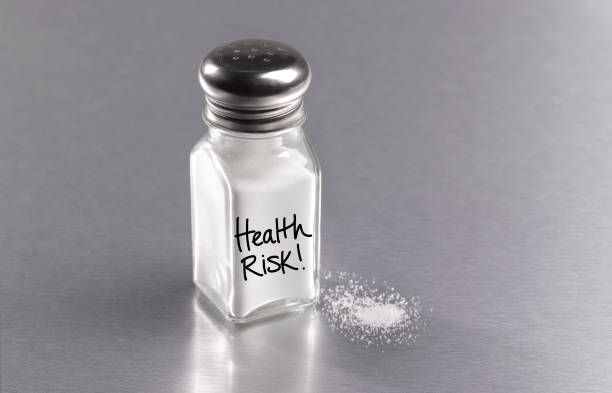
Eating sensibly with the right types of food and the right sized portions go a long way in leaving you feel satisfied, and reducing the effects of high blood pressure.
Cut out salt, refined food, reduce your caffeine intake and drink more water. You know all these bits of dietary advice; the thing is to follow them and make them a routine part of your life.
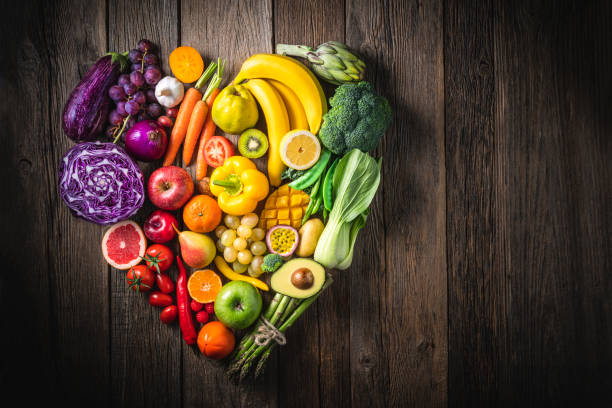
Foods rich in potassium are great for high blood pressure. Melons, potatoes, bananas, fish and spinach are perfect (and delicious) foods to add to your new eating plan. Celery is another great food that can help keep your hypertension in check. Try it dipped in peanut butter for a great snack. Celery contains a photochemical called phthalides.
This photochemical relaxes the tissues of your artery walls which help to increase blood flow and lessen blood pressure.
Chocoholics will also be thrilled to find that dark chocolate is actually recommended (in moderation of course) to help with your hypertension.
Lifestyle changes
Hypertension is a serious condition. It is not something to be taken lightly. Don’t think that hypertension is a condition only affecting older people. While it does become more prevalent the older you get, it can affect people of all ages, including adults as young as 25.
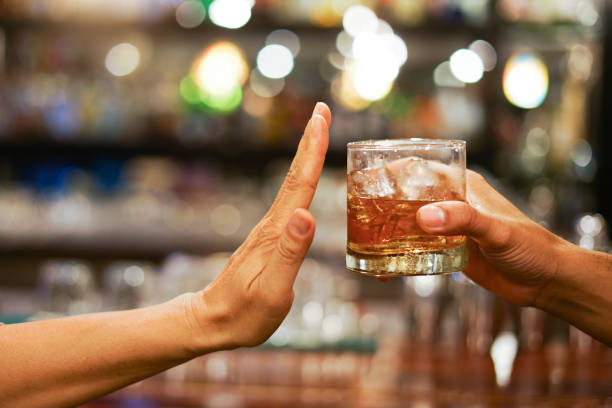
On the other hand, it can be managed. If you do your part and make the necessary changes in your lifestyle, you’ll keep your hypertension in check. Along with the necessary dietary and exercise changes you make in you life, you’ll also have to take your prescribed medication exactly as recommended by your doctor.

Laugh a little. In today’s fast paced world, it seems as though we are all trying to win the race to the top, whether it is in our professional or personal life. Stop. You can slow down. Think about the things that cause the stress in your life. Make a plan to change them so that you can manage them better.
From stopping smoking, laughing more, exercise and good eating, you can take charge of high blood pressure in your life.
